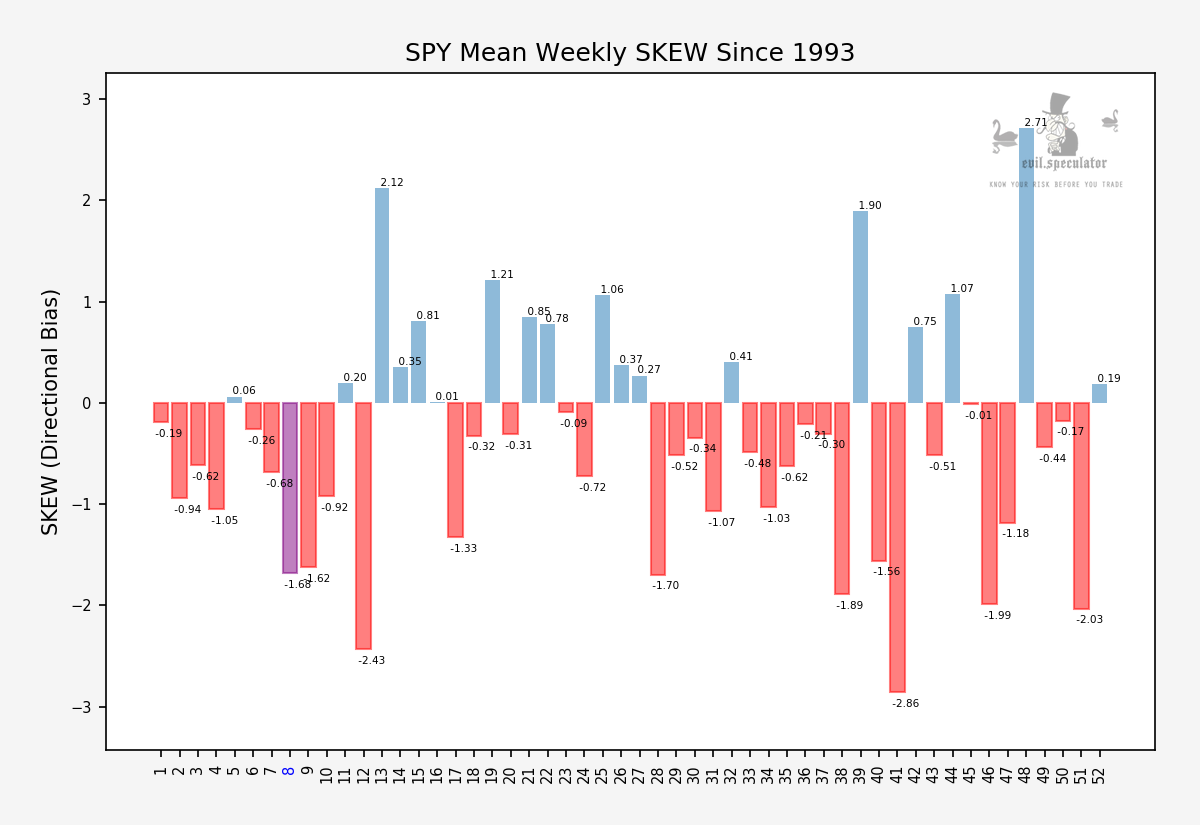Blast From The Past: Information Diet
Blast From The Past: Information Diet
To make sure you guys aren’t getting bored I decided to repost some timeless favorites from our Evil Speculator archives. Clearly the fight against information overload never ceases and is becoming more prevalent as the world is becoming more connected every day. As traders we need to give special attention to not only what information we expose ourselves to but also how much of it (good or bad) we let in every day.
I would like to cover the concept of developing your personal information diet and turning your brain into one lean mean thinking machine. The basic idea behind reducing your intake of information is nothing new and I first encountered it way back during my trend trading years. However, it is one thing for a trend trader to say that the news doesn’t matter and to limit one’s consumption. It it is another to consciously develop a systematic approach for consuming information and to extract only what is needed for arriving at high quality conclusions in the shortest amount of time.
As you can tell I have given the subject matter much consideration and over time I have developed principles which have become core tenets of my trading career. I will try to share some of them with you today in the hopes that you may not only be able to incorporate some of my ideas into your own trading activities but to how you process any information you encounter in general.
Tenet #1: Cui Bono
Latin for “To whose benefit?” – literally “as a benefit to whom?”. Over time I have learned one simple fact the hard way: Whenever anyone tells you anything it is for a reason. Either they want to impress you, manipulate you, extract information, or lead you a certain way (intellectually or emotionally). Whenever a person tells me anything it now has become my habit to immediately question the motive of the piece of information or inquiry I have received. Why is this person telling/asking me this and who benefits? Cui bono. By the way some of this is directly derived from Neuro Linguistic Programming (NLP)- once you understand how people or the media is trying to manipulate you it’s a lot easier to avoid mental traps. And even knowing how it works does not make your completely impervious.
Tenet #2: Less Is More
Flash back to 100 years ago when people only had to learn what they needed to know to survive. Information that was irrelevant to a person’s work and lifestyle was not needed, or readily available. But as time progressed, those who had the opportunity to expand their knowledge base were presented with greater prospects – and thus the quest for knowledge became a means of getting ahead.
Today we are exposed to tens of thousands of pieces of information each waking hour. The amount of data we consume has steadily increased over the last century and can be thought as an exponential curve that keeps pushing up hard. I believe we have long crossed the human brain’s ability to properly process and analyze all this data. Do you experience brain fog every once in a while? It may be partially related to your eating habits but most likely your brain is simply overloaded with all those tidbits you are trying to squeeze through it every day. We are simply not built to process this much information on a daily basis and there is much research that shows that the way our brains are wired and the way we perceive things are vastly different from that of our grandparents. Whether that is a good or bad things is up for debate – I think there may be good aspects but yet we should be careful about the flood of information we expose ourselves to.
Tenet #3: Embrace The Silence
Not only has the amount of information we consume increased exponentially – in my estimate the vast majority (i.e. 95% +) of what you encounter is completely useless. It does not help you succeed, it does not help you survive, and it does not educate you in any meaningful fashion. Even worse – quite a lot of it is actually harmful to your ability to arrive at a decision. Imagine a menu with 1000 dishes and 200 deserts. We all like options but that would clearly be overkill. Once you embrace an aggressive approach to consuming information it is rather easy and actually enjoyable to reduce your intake. I guess this implicitly correlates with Cui Bono and Less Is More. And again some of this is actually a product of studying NLP.
Tenet #4: What Everyone Knows Is Not Worth Knowing
Almost self explanatory I guess. If you really want to trade on information or then news then you obviously need to dig up something the rest of the schmucks are not privy of. And unless you work at Goldman odds are you are like the rest of us – out of the loop. That rule in itself will save you hours of reading every week. Why would any news item instantly accessible by hundreds of thousands of traders provide you with any trading advantage? Very doubtful and instead you should spend your time reading tutorials or books on trading.
Tenet #5: The Quality Of The Source
I might as well have called this one ‘Most People Talk Out Of Their Asses’ – and unfortunately this is the sad truth. Just go to your neighborhood bar and listen to type of crap that comes out of most people’s mouth about things they have no clue about. When someone tells you something – anything – always question the quality of the source. For instance someone is trying to give you trading advice then ask how long they have been trading and if they are profitable on a consistent basis. I know this sounds pretty basic but you would be surprised about how many purported ‘experts’ have little or not background in the subject matter they are advising you on.
I probably could go on but these five principles are really all you need in order to slowly start reprogramming your mind. Next time you come across a headline in the financial media the first question you should be asking yourself is: Why am I reading or hearing this? And by that I mean ‘what is the source’s motive of providing me with this information?’ Chances are it is not for you to be more profitable, most likely it is the exact opposite. Who is providing me with this information? Does this guy know what he’s talking about? And most of all – do I really need to waste my precious time absorbing this information? Chances are you you can safely skip this one over and devote your time to more productive matters.





